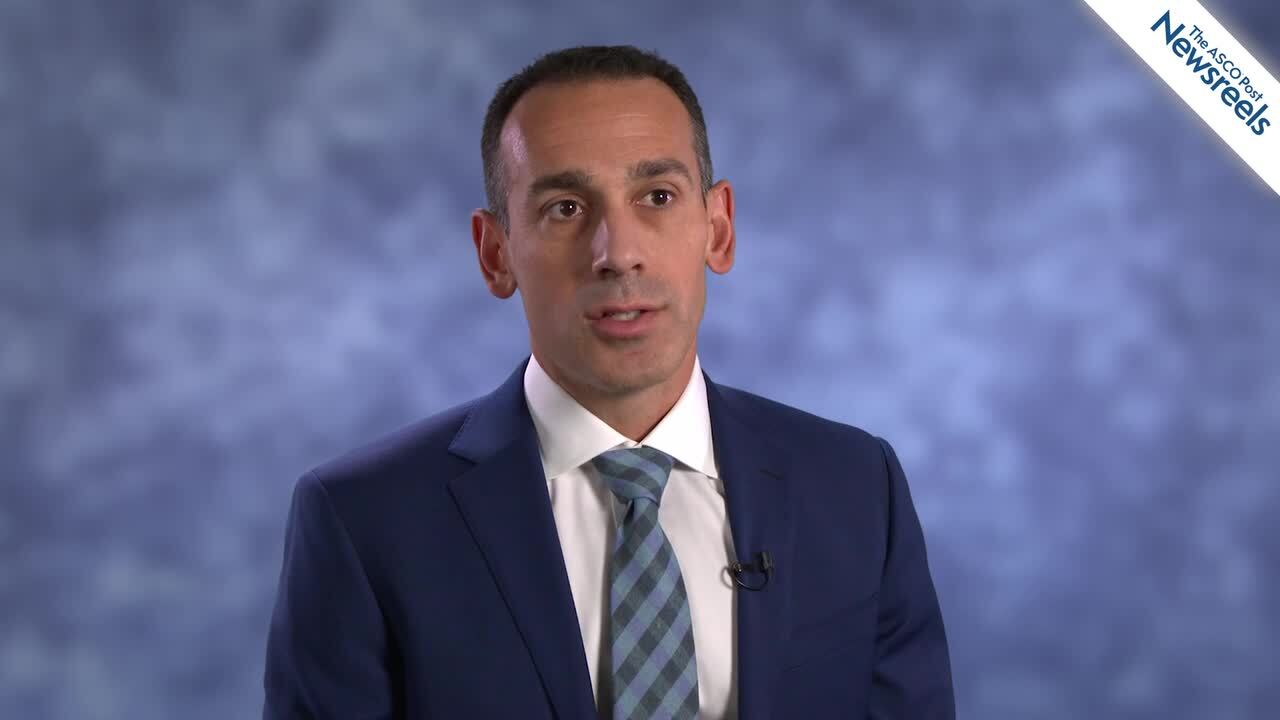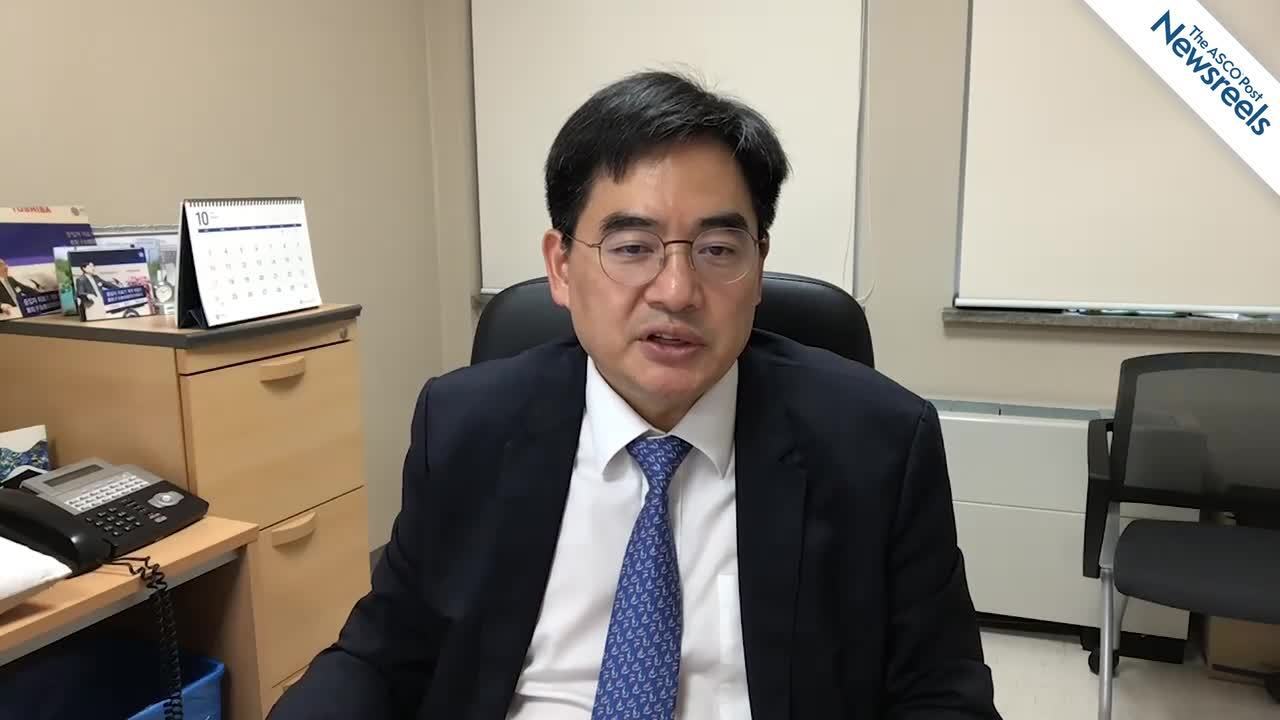Shauna Campbell, DO, on Head and Neck Cancer: Toxicity Associated With Hypofractionated IMRT
2021 ASTRO Annual Meeting
Shauna Campbell, DO, of Cleveland Clinic, discusses results from her study that showed hypofractionated intensity-modulated radiation therapy (H-IMRT) in the definitive or postoperative treatment of head and neck cancers using ≥ 50 Gy in 20 fractions appears to be safe and well tolerated with modest toxicity. Dr. Campbell suggests that prospective studies comparing the safety and efficacy of H-IMRT with those of conventionally fractionated IMRT are warranted (Abstract 2313).
The ASCO Post Staff
Mark K. Buyyounouski, MD, MS, of Stanford University, discusses phase III results from the NRG Oncology GU003 trial, which showed that, post-prostatectomy, using fewer—but higher—doses of radiation does not appear to increase long-term side effects or reduce quality of life when compared with conventional radiation treatment (Abstract 3).
The ASCO Post Staff
David A. Palma, MD, PhD, of Ontario’s London Health Sciences Centre, discusses results of the ORATOR2 study, which compared two treatment options that could be de-escalated for patients with HPV-associated oropharyngeal squamous cell carcinoma: a lower-dose radiation approach (6 weeks instead of 7, often with chemotherapy) vs a transoral surgical approach (with low-dose radiation afterward, for 5 weeks) (Abstract LBA2).
The ASCO Post Staff
Erin Murphy, MD, of Cleveland Clinic, discusses new data that show no apparent difference in cognitive performance up to 2 years post-treatment among adults with low-grade glioma who were treated with concurrent radiotherapy and temozolomide (Abstract 3258).
The ASCO Post Staff
Yongbae Kim, MD, of the Yonsei Cancer Center and Yonsei University College of Medicine, discusses findings that showed the use of internal mammary area irradiation (IMNI) in regional nodal irradiation did not significantly improve disease-free survival for women with node-positive breast cancer. However, patients with medially or centrally located tumors may be considered for treatment with IMNI (Abstract 2).
The ASCO Post Staff
Robert A. Olson, MD, of the University of British Columbia, discusses phase II findings from the SABR-5 trial on stereotactic ablative radiotherapy for up to five oligometastases. Although toxicity of liver and adrenal metastases warrants caution, the trial seemed to show that this type of radiation treatment is relatively safe and should be studied further, given the long overall survival in this patient population (Abstract 6).





